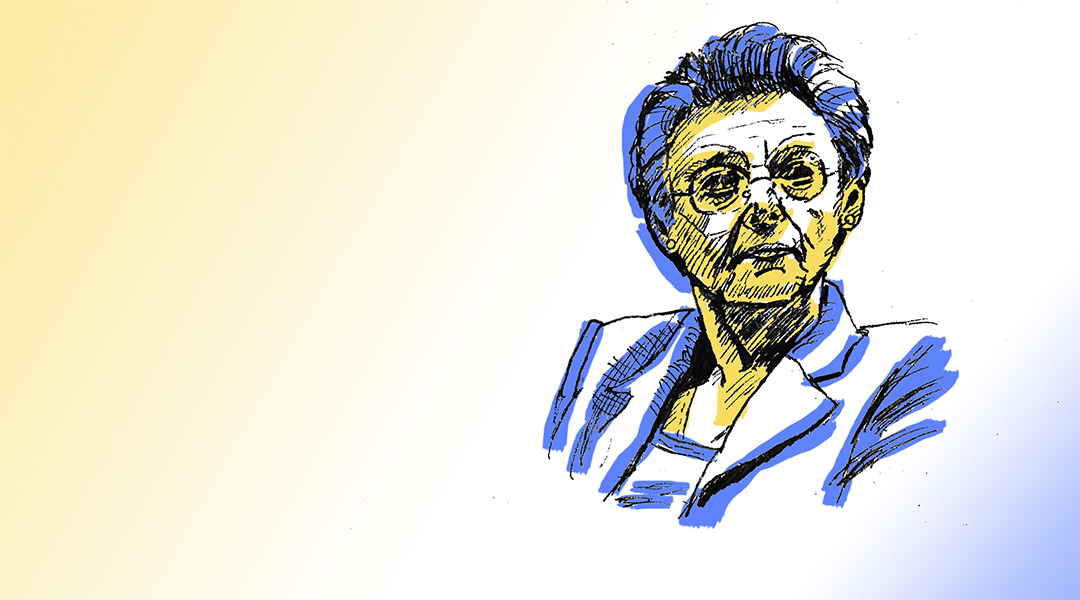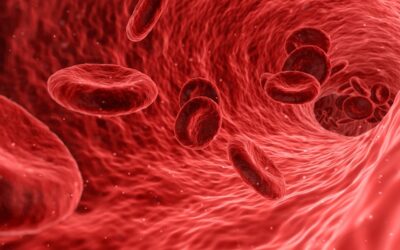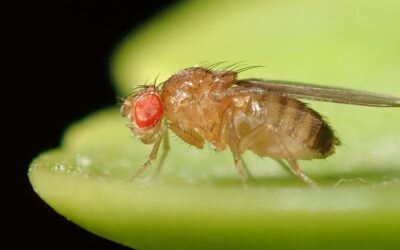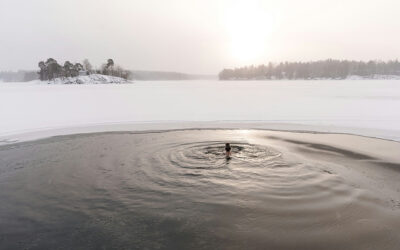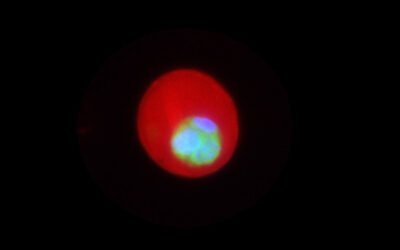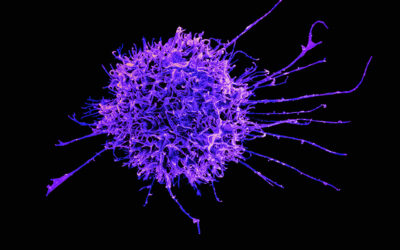Illustration: Kieran O’Brien
This week saw the birthday of Françoise Barré-Sinoussi, internationally renowned winner of the 2008 Nobel Prize in Physiology or Medicine for her co-discovery of the HIV-1 virus in 1983.
Since the first cases of acquired immunodeficiency syndrome (AIDS) were reported in 1981, infection with the human immunodeficiency virus (HIV) grew to pandemic proportions, peaking in 2004, and resulting in more than 70 million infected people since the outbreak and about 35 million deaths.
While there is still no cure, effective treatments and antiretroviral drugs are available to manage the symptoms and transmission of the virus, and global rates of infection and death are on the decline; all made possible due to the discovery of the HIV-1 virus in 1983. At the time, Françoise was a young virologist working on a special family of viruses called retroviruses and their links to cancer, as part of Luc Montagnier’s team at the Pasteur Institute in Paris.
In the early 1980s, reports of a new, unexplained immunodeficiency disorder emerged in the United States in which laboratory tests from homosexual men showed immune system defects, including abnormally low T cell counts. By the end of 1982, an official case definition for the newly termed AIDS was released by the Centers for Disease Control and Prevention, which (in a simplified description) described it as a disease associated with defects in cellular immunity.
As time progressed, AIDS became recognized in various populations, with studies hinting at a sexually transmitted, blood-borne infectious agent as the cause. While recommendations to prevent the spread of AIDS were published, halting the spread of the growing pandemic was impossible without the identification of the agent responsible for this fatal disease.
In late 1982, Françoise was asked by Luc Montagnier whether she would be interested in working on a new project based on observations by Willy Rozenbaum, one of the first clinicians in France to observe the symptoms that precede AIDS. Rozenbaum hypothesized that the infection was related to a retrovirus that preferentially infects T cells, as T cell function and count were adversely affected in these patients.
Using established techniques, Françoise and her team cultured T cells from lymph nodes obtained from a French patient. The virus was first detected by measuring retroviral activity associated with an enzyme known as reverse transcriptase, and then imaged by the team’s microscopist, Charles Dauguet.
The findings were published in Science in May 1983 and was a major breakthrough, serving as a platform for extensive international efforts to combat the infection, which have enabled the rapid development of HIV diagnostic tests and treatments.
Since the late 1980s, Françoise has been involved in research programs focused on viral and host determinants of HIV/AIDS pathogenesis and collaborations aimed toward the development of an HIV vaccine. Her current research focus is centered on the mechanisms required to protect against HIV infections and controlling AIDS at the level of innate immunity.
Perhaps one of the most important parts of her legacy is the impact that 30 years of research on HIV and AIDS research has had, not only on improving the lives of people infected with the disease, but in terms of the great strides made in immunology, medicine, and biomedical research in general. Significant advancements have stemmed from her initial work, including breakthroughs in diseases which share common factors (such as inflammation), including cancer, Alzheimer’s, diabetes, and others.
After providing the necessary spark to spur international efforts in the fight against HIV/AIDS—which continues to make significant progress—Françoise must feel great pride in her achievements. However, she has not let her numerous international awards and recognition stop her from continuing to fight for people living with HIV and AIDS around the world.
To read about other pioneers in science, you can access our Pioneers series here.

